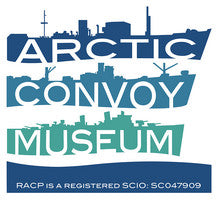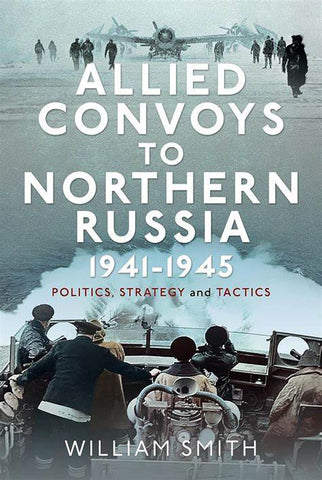While the experiences of the men and ships who sailed in the Allied convoys to North Russia between August 1941 and May 1945 have been fully documented, the wider political, diplomatic and military factors which determined the campaign are less well known. The principal actors Roosevelt, Churchill and Stalin each had their own agendas and expectations, influenced by advisers and competing national priorities. These inevitably gave rise to differences putting pressure in turn on the convoy programme while the varying effectiveness of German counter-action was a significant and unpredictable factor. 1942 was dominated by pressure on Churchill from Roosevelt and Stalin to increase the size of convoys at a time when the Royal Navy lacked the necessary escorts. This deficiency was exacerbated by heavy merchant shipping losses and the demands of Operation TORCH. The temporary convoy suspension in 1943 followed the deployment of German heavy warships to Norway and the diversion of escorts to Operation HUSKY. A serious Anglo-Soviet rift, which led to Allied threats to discontinue the programme, was only resolved by lengthy negotiations. It resumed until temporarily suspended due to the D-Day landings after which the increasing escort availability allowed operations to run uninterrupted until May 1945. This carefully researched work providing an overview of the strategic factors dominating the costly yet war-winning Arctic convoy programme will be welcomed by experts and laymen alike.

